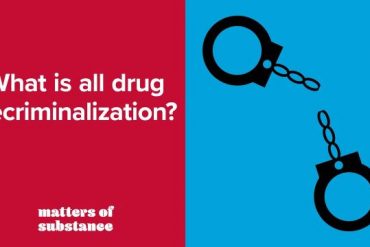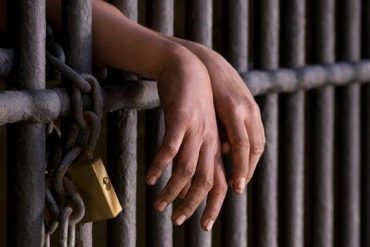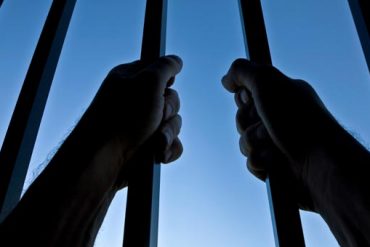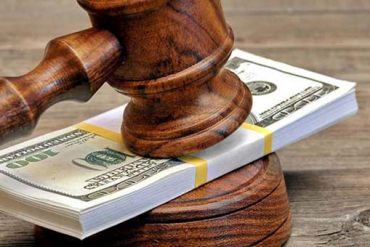If you have used, or are using drugs, you might be fortunate enough to have never been arrested or convicted in relation to your drug use. In fact, many drug users go through years of drug use such as ice addiction, complete a comprehensive drug rehab program, and the irony is the first time they are ever stopped by police is when they are completely clean, but have a faulty brake light or go through a ‘Stop’ sign without stopping.
If you were to be stopped by the police in relation to drugs, how the course of events that follow will play out will very much depends on where you are. We do not mean what bar, street, or park you might be in, but in relation to the country or the state you happened to be in at the time you are stopped by the police.
The reason for this is that each country has its own views, and subsequently its own laws in relation to drugs. Often these laws differ within a single country where individual jurisdictions have differing attitudes and legislation relating to drugs. This can cause confusion not only for tourists and visitors to that particular area, but also for its own residents.
Continue reading ➞ The Differences Between Legalisation And Decriminalisation Of Drugs



